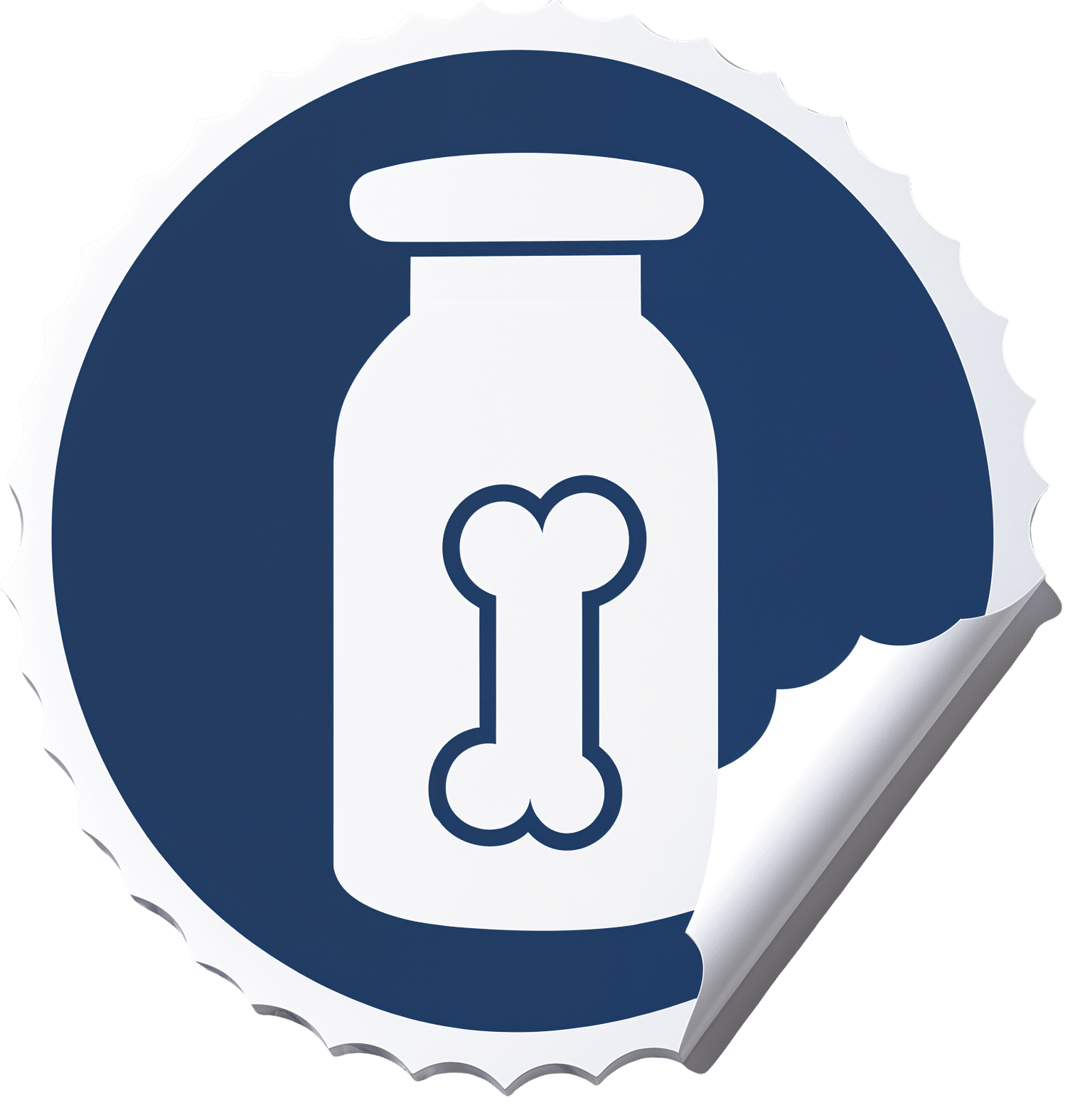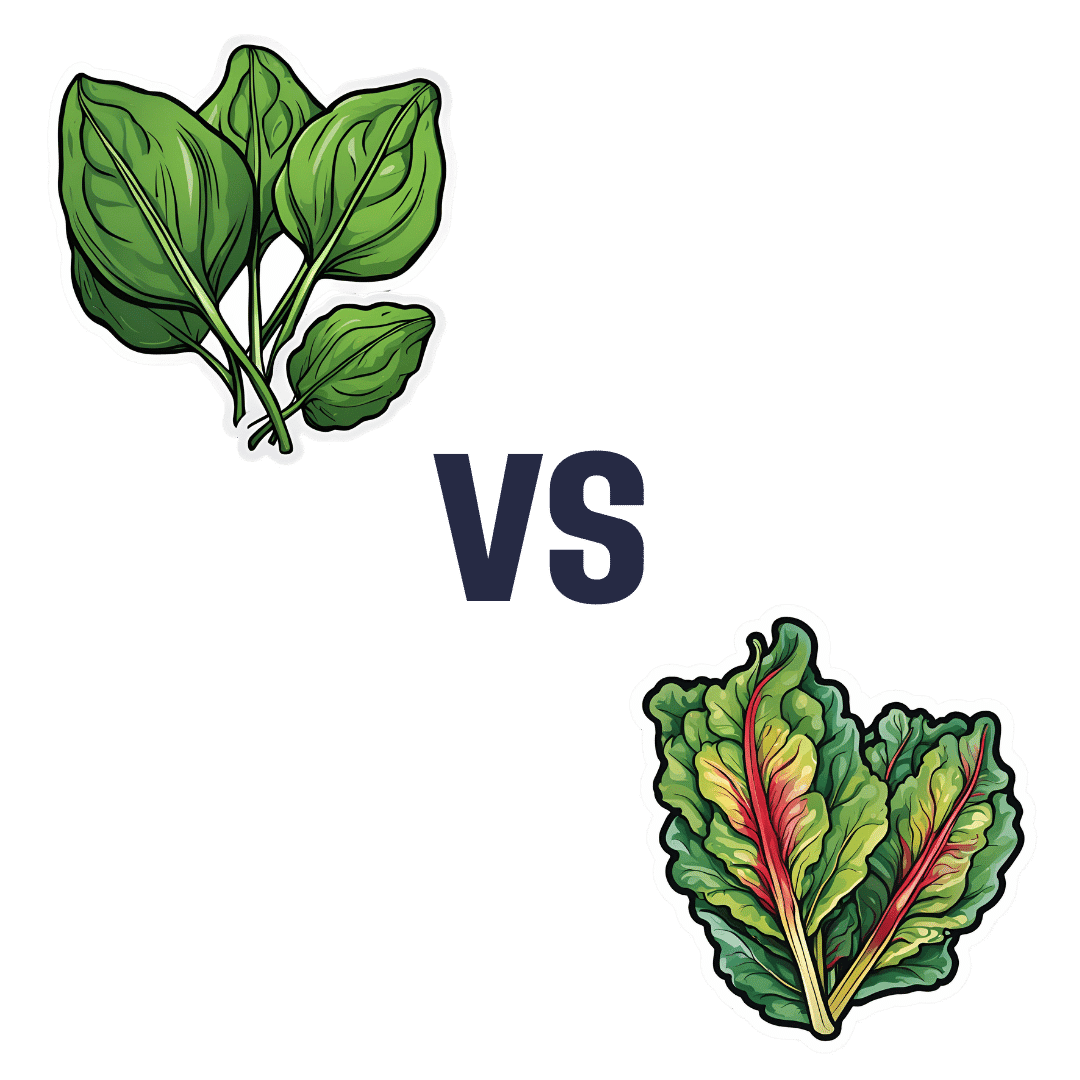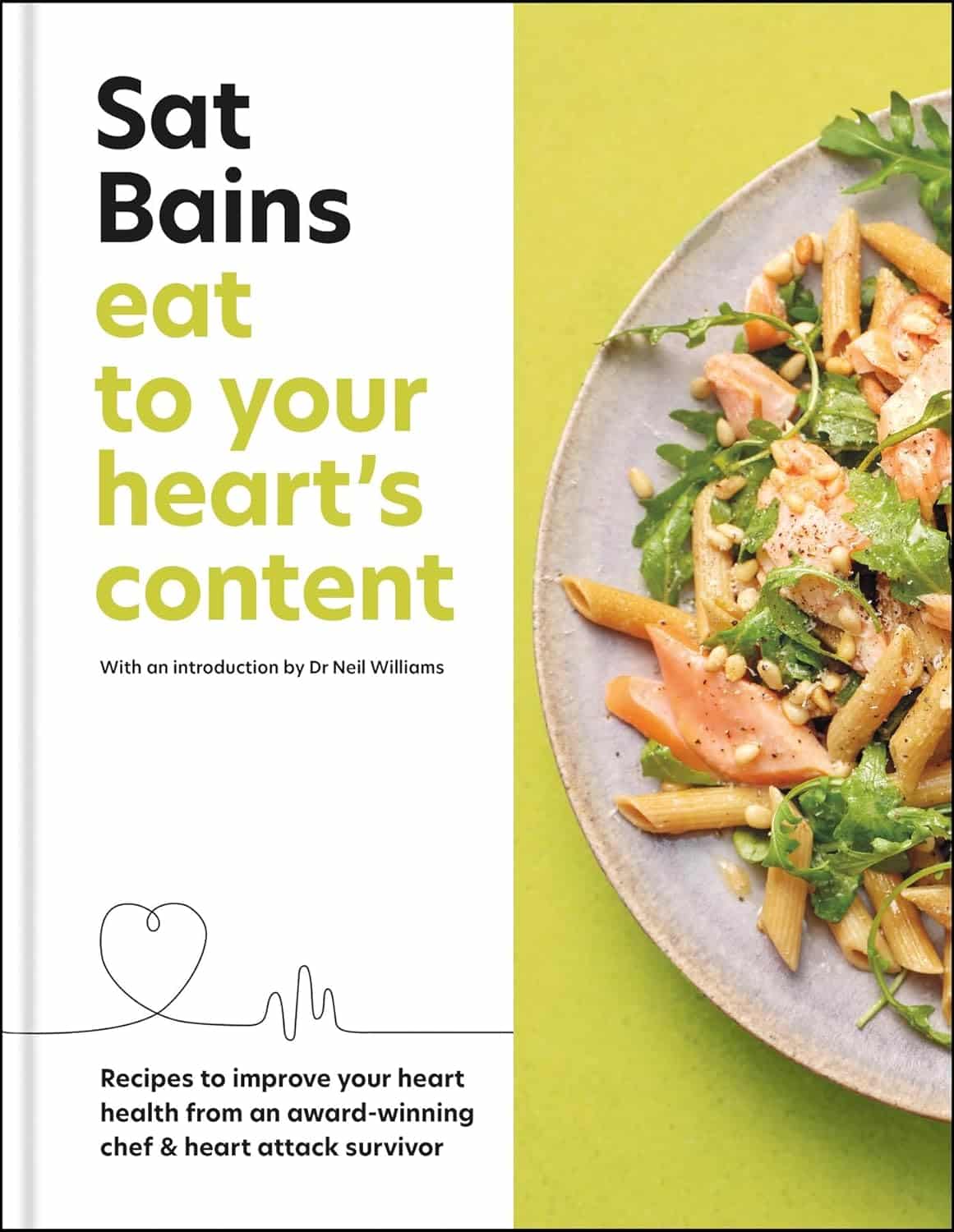
To Err Is Human; To Forgive, Healthy
10almonds is reader-supported. We may, at no cost to you, receive a portion of sales if you purchase a product through a link in this article.
How To Forgive (And Why)
There’s an old saying that holding onto a grudge is like drinking poison and expecting the other person to die. If only it were so simple and easy as just choosing to let go!
But it’s not, is it?
When people have wronged us and/or wronged our loved ones, it’s hard to forgive, especially if they have not changed. For that matter, it can be hard to forgive ourselves for mistakes that we made, too.
Either way, “drinking that poison” can be close to literal, in terms of what harboring such anger and resentment can do for our cortisol levels.
So, what to do about it?
If you have a dialogue with the person, our previous article on communication may help a lot.
If you don’t, there are various other angles that can be taken:
The Unsent Letter
You can even send it, if you like, but it’s not the point here. The idea is to write to the person, expressing your grievances. But, (as per the above-linked article on communication) try to focus at least as much on your feelings as their actions. “When you did/said x, I felt y”, etc.
This is important for helping you process your feelings. If you send the letter, it’s also important for the other person to be able to understand your feelings.
Sometimes, we feel the things we do so strongly because we don’t have an outlet for them. Pouring out our emotions in such a fashion, on the other hand, means (to labor the metaphor) they’re no longer bottled up. Even just in and of itself, that can provide us a lot of relief.
And when we the negative emotions are no longer such high pressure, it can be easier to let go of them.
Mindfulness
Following on from the above idea, a good strategy can be simply sitting and feeling everything you need to feel, noticing it without judgement, like a curious observer.
Sometimes what we need is just to be heard, and that starts with hearing ourselves.
Compassion
There’s a Buddhist exercise that involves actively feeling compassion for three people: a loved one, a stranger, and an enemy. Many people report that it’s actually harder to feel compassion for a random stranger, than an enemy. Why? Because we don’t know them; we don’t know what’s good and bad about them in our estimation.
If you’re reading this because you want to be able to gain the peace of being able to forgive someone (even if that someone is yourself), then in at least some respect right now, that person is in the “enemy” category. So how do we unpack that?
To err is human. Everybody screws up sometimes. And also, everyone has a reason (or a complex of reasons) for acting the way they do. This does not mean that those reasons excuse the behavior, but it can explain it.
You don’t get angry at a storm for soaking you through. Even if you might not understand the physics of it in the way a meteorologist might, you understand that there were things that led to that, and you were just in the wrong place at the wrong time.
So why do we get angry at someone else for wronging us? Even if we might not understand the personal background of it in the way their psychologist or therapist might, we (hopefully) understand that there were things that caused them to be the way they were, and we were just in the wrong place at the wrong time.
And ourselves? We probably know, when we made a mistake, why we made it. Maybe we were afraid, insecure, reactive, forgetful, or too focused on some other thing. Whatever it was, we did our best at the time and, apparently, our best wasn’t as good as we’d like.
If we didn’t deserve forgiveness, we wouldn’t be critical of our past selves in the first place.
And, the science is very clear that it’s important for our health for other reasons besides cortisol management, too.
And as for others? They did the best they knew how. Maybe they were afraid, insecure, reactive, forgetful, or too focused on some other thing. Same story, different character.
Remembering that can be key to “accepting the apology we never received”.
Forgiving without forgetting
Developing the ability to forgive is a useful tool for our own mental health. It doesn’t mean we must or even should make ourselves a doormat.
“I forgive you” does not have to mean a clean slate; it means remembering that the thing happened, and just not holding on to the anger/resentment associated with it.
It may be water under the bridge now, but it might have been a devastatingly destructive wave at the time, and continuing to acknowledge truth that is sensible. Just, from a position of peace now, hopefully.
Don’t Forget…
Did you arrive here from our newsletter? Don’t forget to return to the email to continue learning!
Recommended
Learn to Age Gracefully
Join the 98k+ American women taking control of their health & aging with our 100% free (and fun!) daily emails:
-
Neuropsychologist Explains What She’s Got Out Of 6 Years Taking L-Theanine
10almonds is reader-supported. We may, at no cost to you, receive a portion of sales if you purchase a product through a link in this article.
Inka Land, MSc neuropsychology, PgDip(c) Nutrition and Disease, talks about her use of l-theanine and the biochemistry behind it:
So, what’s the tea?
While she’s tested over 60 supplements, she regularly uses only a few. L-theanine made the cut, and has been a staple for over six years due to its noticeable effects on her brain, nervous system in general, and gut. Some notes from the video:
- L-theanine was discovered during university studies as a way to enhance focus and reduce stress. Initially, 50mg doses combined with coffee showed no effect, but increasing to 150mg, paired with 100mg of caffeine, produced significant nootropic benefits.
- L-theanine enhances sustained focus, enabling prolonged attention on repetitive tasks while avoiding distractions. It’s particularly effective for maintaining concentration during monotonous activities.
- L-theanine alleviates gut inflammation by boosting antioxidant activity and supporting glutamine metabolism. Combined with l-glutamine, it is more effective for reducing gut inflammation, and she mentions anecdotally that it seemed to help her personally recover quickly from food poisoning.
- Known for its calming effects, L-theanine reduces anxiety and regulates the nervous system. It is beneficial before stressful or crowded events and has anecdotal support for alleviating social anxiety specifically, though that’s not been formally tested in RCTs (yet). That said, since it has been tested against anxiety in the lab (usually combined with stress tests), it would be strange if it didn’t help alleviate social anxiety too, since what’s required for the nervous system is the same.
- Studies suggest 100–200mg twice daily, but she personally takes 250mg in the morning with coffee or 200–250mg PRN.
Want to try some? Here’s an example product on Amazon 😎
For more on all of this, enjoy (and kindly disregard that she clearly is holding a jar of curcumin in the thumbnail):
Click Here If The Embedded Video Doesn’t Load Automatically!
Want to learn more?
You might also like:
L-Theanine Against Stress, Anxiety, Inflammation, & More
Take care!
Share This Post
-
Spermidine For Longevity
10almonds is reader-supported. We may, at no cost to you, receive a portion of sales if you purchase a product through a link in this article.
It’s Q&A Day at 10almonds!
Have a question or a request? We love to hear from you!
In cases where we’ve already covered something, we might link to what we wrote before, but will always be happy to revisit any of our topics again in the future too—there’s always more to say!
As ever: if the question/request can be answered briefly, we’ll do it here in our Q&A Thursday edition. If not, we’ll make a main feature of it shortly afterwards!
So, no question/request too big or small 😎
❝How much evidence is there behind the longevity-related benefit related to spermidine, and more specifically, does it cause autophagy?❞
A short and simple answer to the latter question: yes, it does:
Spermidine: a physiological autophagy inducer acting as an anti-aging vitamin in humans?
For anyone wondering what autophagy is: it’s when old cells are broken down and consumed by the body to make new ones. Doing this earlier rather than later means that the genetic material is not yet so degraded when it is copied, and so the resultant new cell(s) will be “younger” than if the previous cell(s) had been broken down and recycled when older.
Indeed, we have written previously about senolytic supplements such as fisetin, which specialize in killing senescent (aging) cells earlier:
Fisetin: The Anti-Aging Assassin
As for spermidine and longevity, because of its autophagy-inducing properties, it’s considered a caloric restriction mimetic, that is to say, it has the same effect on a cellular level as caloric restriction. And yes, while it’s not an approach we regularly recommend here (usually preferring intermittent fasting as a CR-mimetic), caloric restriction is a way to fight aging:
Is Cutting Calories The Key To Healthy Long Life?
As for how spermidine achieves similarly:
Spermidine delays aging in humans
However! Both of the scientific papers on spermidine use in humans that we’ve cited so far today have conflict of interests statements made with regard to the funding of the studies, which means there could be some publication bias.
To that end, let’s look at a less glamorous study (e.g. no “in humans” in the title because, like most longevity studies, it’s with non-human animals with naturally short lifespans such as mice and rats), like this one that finds it to be both cardioprotective and neuroprotective and having many anti-aging benefits mediated by inducing autophagy:
A review on polyamines as promising next-generation neuroprotective and anti-aging therapy
(the polyamines in question are spermidine and putrescine, which latter is a similar polyamine)
Lastly, let’s answer a few likely related questions, so that you don’t have to Google them:
Does spermidine come from sperm?
Amongst other places (including some foods, which we’ll come to in a moment), yes, spermidine is normally found in semen (in fact, it’s partly responsible for the normal smell, though other factors influence the overall scent, such as diet, hormones, and other lifestyle factors such as smoking, alcohol use etc) and that is how/where it was first identified.
Does that mean that consuming semen is good for longevity?
Aside from the health benefits of a healthy sex life… No, not really. Semen does contain spermidine (as discussed) as well as some important minerals, but you’d need to consume approximately 1 cup of semen to get the equivalent spermidine you’d get from 1 tbsp of edamame (young soy) beans.
Unless your lifestyle is rather more exciting than this writer’s, it’s a lot easier to get 1 tbsp of edamame beans than 1 cup of semen.
Here are how some top foods stack up, by the way—we admittedly cherry-picked from the near top of the list, but wheatgerm is an even better source, with cheddar cheese and mushrooms (it was shiitake in the study) coming after soy:
Frontiers in Nutrition | Polyamines in Food
Alternatively, if you prefer to just take it in supplement form, here’s an example product on Amazon, giving 5mg per capsule (which is almost as much as the 1 cup of semen or 1 tbsp of edamame that we mentioned earlier).
Enjoy!
Share This Post
-
Which Osteoporosis Medication, If Any, Is Right For You?
10almonds is reader-supported. We may, at no cost to you, receive a portion of sales if you purchase a product through a link in this article.
Which Osteoporosis Medication, If Any, Is Right For You?
We’ve written about osteoporosis before, so here’s a quick recap first in case you missed these:
- The Bare-bones Truth About Osteoporosis
- Exercises To Do (And Exercises To Avoid) If You Have Osteoporosis
- We Are Such Stuff As Fish Are Made Of
- Vit D + Calcium: Too Much Of A Good Thing?
All of those look and diet and/or exercise, with “diet” including supplementation. But what of medications?
So many choices (not all of them right for everyone)
The UK’s Royal Osteoporosis Society says of the very many osteoporosis meds available:
❝In terms of effectiveness, they all reduce your risk of broken bones by roughly the same amount.
Which treatment is right for you will depend on a number of things.❞
…before then going on to list a pageful of things it will depend on, and giving no specific information about what prescriptions or proscriptions may be made based on those factors.
Source: Royal Osteoporosis Society | Which medication should I take?
We’ll try to do better than that here, though we have less space. So let’s get down to it…
First line drug offerings
After diet/supplementation and (if applicable) hormones, the first line of actual drug offerings are generally biphosphates.
Biphosphates work by slowing down your osteoclasts—the cells that break down your bones. They may sound like terrible things to have in the body at all, but remember, your body is always rebuilding itself and destruction is a necessary act to facilitate creation. However, sometimes things can get out of balance, and biphosphates help tip things back into balance.
Common biphosphates include Alendronate/Fosamax, Risedronate/Actonel, Ibandronate/Boniva, and Zolendronic acid/Reclast.
A common downside is that they aren’t absorbed well by the stomach (despite being mostly oral administration, though IV versions exist too) and can cause heartburn / general stomach upset.
An uncommon downside is that messing with the body’s ability to break down bones can cause bones to be rebuilt-in-place slightly incorrectly, which can—paradoxically—cause fractures. But that’s rare and is more common if the drugs are taken in much higher doses (as for bone cancer rather than osteoporosis).
Bone-builders
If you already have low bone density (so you’re fighting to rebuild your bones, not just slow deterioration), then you may need more of a boost.
Bone-building medications include Teriparatide/Forteo, Abaloparatide/Tymlos, and Romosozumab/Evenity.
These are usually given by injection, usually for a course of one or two years.
Once the bone has been built up, it’ll probably be recommended that you switch to a biphosphate or other bone-stabilizing medication.
Estrogen-like effects, without estrogen
If your osteoporosis (or osteoporosis risk) comes from being post-menopausal, estrogen is a very common (and effective!) prescription. However, some people may wish to avoid it, if for example you have a heightened breast cancer risk, which estrogen can exacerbate.
So, medications that have estrogen-like effects post-menopause, but without actually increasing estrogen levels, include: Raloxifene/Evista, and also all the meds we mentioned in the bone-building category above.
Raloxifene/Evista specifically mimics the action of estrogen on bones, while at the same time blocking the effect of estrogen on other tissues.
Learn more…
Want a more thorough grounding than we have room for here? You might find the following resource useful:
List of 82 Osteoporosis Medications Compared (this has a big table which is sortable by various variables)
Take care!
Share This Post
Related Posts
-
Spinach vs Chard – Which is Healthier?
10almonds is reader-supported. We may, at no cost to you, receive a portion of sales if you purchase a product through a link in this article.
Our Verdict
When comparing spinach to chard, we picked the spinach.
Why?
In terms of macros, spinach has slightly more fiber and protein, while chard has slightly more carbs. Now, those carbs are fine; nobody is getting metabolic disease from eating greens. But, by the numbers, this is a clear, albeit marginal, win for spinach.
In the category of vitamins, spinach has more of vitamins A, B1, B2, B3, B5, B6, B9, E, and K, while chard has more of vitamins C and choline. An even clearer victory for spinach this time.
When it comes to minerals, spinach has more calcium, copper, iron, magnesium, manganese, phosphorus, selenium, and zinc, while chard has more potassium. Once again, a clear win for spinach.
You may be wondering about oxalates, in which spinach is famously high. However, chard is nearly 2x higher in oxalates. In practical terms, this doesn’t mean too much for most people. If you have kidney problems or a family history of such, it is recommended to avoid oxalates. For everyone else, the only downside is that oxalates diminish calcium bioavailability, which is a pity, as spinach is (by the numbers) a good source of calcium.
However, oxalates are broken down by heat, so this means that cooked spinach (lightly steamed is fine; you don’t need to do anything drastic) will be much lower in oxalates (if you have kidney problems, do still check with your doctor/dietician, though).
All in all, spinach beats chard by most metrics, and by a fair margin. Still, enjoy either or both, unless you have kidney problems, in which case maybe go for kale or collard greens instead!
Want to learn more?
You might like to read:
Make Your Vegetables Work Better Nutritionally ← includes a note on breaking down oxalates, and lots of other information besides!
Enjoy!
Don’t Forget…
Did you arrive here from our newsletter? Don’t forget to return to the email to continue learning!
Learn to Age Gracefully
Join the 98k+ American women taking control of their health & aging with our 100% free (and fun!) daily emails:
-
Cashew Nuts vs Coconut – Which is Healthier?
10almonds is reader-supported. We may, at no cost to you, receive a portion of sales if you purchase a product through a link in this article.
Our Verdict
When comparing cashew nuts to coconut, we picked the cashews.
Why?
It can be argued this isn’t a fair comparison, as coconuts aren’t true nuts, but it’s at the very least a useful comparison, because they have very similar (often the same) culinary uses, so deciding between one or the other is something people will often do.
In terms of macros, cashews have 6x the protein and more than 2x the fiber, as well as slightly more fat (but the fats are healthy, as are those of coconut, by the way) and 2x the carbs. Depending on what you’re looking for, this head-to-head could come out differently, but we say it’s a win for cashews.
You may be wondering: if cashews have more of all those things, what are coconuts made of? And the answer is that coconuts have 8x the water (and yes, this is counting the coconut meat only, not including the milk inside). Of course, if you get dessicated coconut, then it won’t have that, but we’re comparing fresh to fresh.
In the category of vitamins, cashews have a lot more of vitamins B1, B2, B3, B5, B6, E, and K. Meanwhile, coconut has more vitamin C, but it’s not a lot. An easy win for cashews here.
When it comes to minerals, cashews have rather more calcium, copper, iron, magnesium, manganese, phosphorus, potassium, selenium, and zinc. On the other hand, coconut has more sodium. Another easy win for cashews.
Cashews also have the lower glycemic index.
All in all, cashews win the day.
Want to learn more?
You might like to read:
Take care!
Don’t Forget…
Did you arrive here from our newsletter? Don’t forget to return to the email to continue learning!
Learn to Age Gracefully
Join the 98k+ American women taking control of their health & aging with our 100% free (and fun!) daily emails:
-
Eat to Your Heart’s Content – by Dr. Sat Bains
10almonds is reader-supported. We may, at no cost to you, receive a portion of sales if you purchase a product through a link in this article.
Making food heart-healthy and tasty is a challenge that vexes many, but it doesn’t have to be so difficult.
Dr. Sat Bains, a professional chef with multiple Michelin stars to his name, is an expert on “tasty”, and after surviving a heart attack himself, he’s become an expert on “heart-healthy” since then.
The book contains not only the recipes (of which there are 68, by the way), but also large sections of explanation of what makes various ingredients or methods heart-healthy or heart-unhealthy.
There’s science in there too, and these sections were written under the guidance of Dr. Neil Williams, a lecturer in physiology and nutrition.
You may be wondering as to why the author himself has a doctorate too; in fact he has three, none of which are relevant:
- Doctor of Arts
- Doctor of Laws
- Doctor of Hospitality (Honorary)
…but we prefix “Dr.” when people are that and he is that. The expertise we’re getting here though is really his culinary skill and extracurricular heart-healthy learning, plus Dr. Williams’ actual professional health guidance.
Bottom line: if you’d like heart-healthy recipes with restaurant-level glamour, this book is a fine choice.
Click here to check out Eat To Your Heart’s Content, and look after yours!
Don’t Forget…
Did you arrive here from our newsletter? Don’t forget to return to the email to continue learning!
Learn to Age Gracefully
Join the 98k+ American women taking control of their health & aging with our 100% free (and fun!) daily emails:







